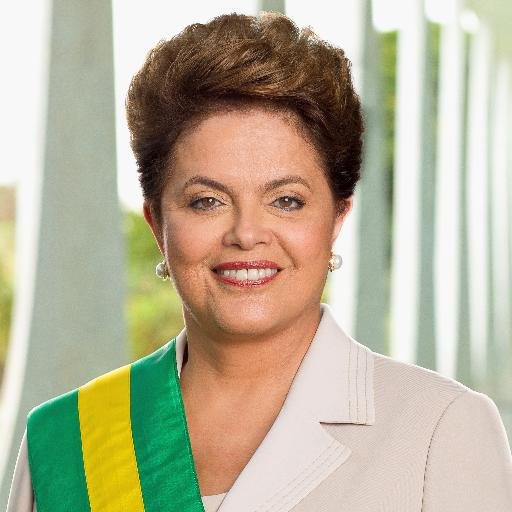[Brazilian Politics] – The Impeachment Posted by carol on Sep 5, 2016 in Brazilian News, Brazilian Profile, Culture, Economy, Learning
In light of recent events that took over Brazil in the past weeks, our country has been experiencing times of intense political instability and turmoil, culminating in president Dilma Roussef’s impeachment. Views on our current situation are conflicting, so today’s post seeks to clarify some points surrounding the political scenario in the country and keep you up-to-date
with latest developments and events.
Key words: governo (government), política (politics), partido (party), golpe (coup), presidente (president), eleições (elections), left wing (esquerda), right wing (direita), senado (senate)

Dilma Roussef
Dilma Roussef
The first woman to be eleita (elected) president in Brazil, Dilma Roussef has ranked high in many Forbes’ lists of most powerful women in the world. In her youth, Dilma studied economics and belonged to grupos de esquerda (left-wing groups) in college. She was actively involved in guerilla movements that resisted and fought contra (against) the military dictatorship that ruled the country for over 20 years, during which she was captured, tortured and imprisoned.
After being released, Roussef joined PT – Partido dos Trabalhadores (Worker’s Party), one of the largest in Brazil, and whose major adversário (adversary) is PSDB – Partido da Social Democracia Brasileira (Brazilian Social Democracy Party).
Her carreira política (political career) includes being the former minister of energy and ex-president Lula’s chief of staff. In 2010, she was first elected president and was, in 2014, re-elected to a second a term.

Símbolos dos Partidos
Political crisis
During her second mandate, Roussef’s approval rating plummeted. To complicate matters further, Brazil is currently undergoing one of its harshest periods of recession in decades.
Her decline in popularity, along with the economic downturn, led to waves of manifestações (demonstrations) throughout the country. In 2015, protesters began streaming onto the streets to call for her impeachment.
In May this year, having served only one year of her four-year mandate, her duties and poderes (powers) were put under suspension by the Senate, and her vice Michel Temer (from the Democratic Movement party – PMDB) took over as the Acting president.
The impeachment
The pedido (request) to hold an impeachment trial for Rousseff was pushed forward in congress and accepted by the Senate. The president was on trial over charges of breaking budgetary laws and manipulating government contas (accounts) and finances. Facing these allegations, Dilma claims that she is being unjustly accused and that her actions do not qualify as crimes, given that other leaders have done the same in the past. Moreover, she denies any conhecimento (knowledge) or involvement in corruption schemes. Indeed, there has been no direct evidence or proof that implicates Rousseff in any scandal made public.
Incidentally, Eduardo Cunha, the head of the lower chamber – also known as Dilma’s nemesis, is being investigated for various crimes. Besides being connected to corruption schemes and being accused of receiving millions of reais in bribes, Cunha has been indicted in the scandal known as Operation Car Wash and has a number of undeclared Swiss bank accounts.
After the inquiry was conducted, the senate reached a final decision and voted in favor for the impeachment. Dilma Rouseff was removed from office and forced to hand over her power to Michel Temer.

Senado
Responses
Although right-wing supporters defend the legimacy of the process, left-wing supporters expressed their outrage, denouncing the maeneuver as a golpe (coup). It can be argued that, since she was democratically elected and committed no wrongful act, Dilma’s prosecution is unfounded.
As you can see, comparing Brazilian politics to a season of House of Cards is not an overstatement.
The future in Latin America’s largest nation is unpredictable and the country is divided. While what lies ahead might look bleak to some, others are hopeful. Either way, we are all longing to overcome the crisis and move forward.

Build vocabulary, practice pronunciation, and more with Transparent Language Online. Available anytime, anywhere, on any device.



